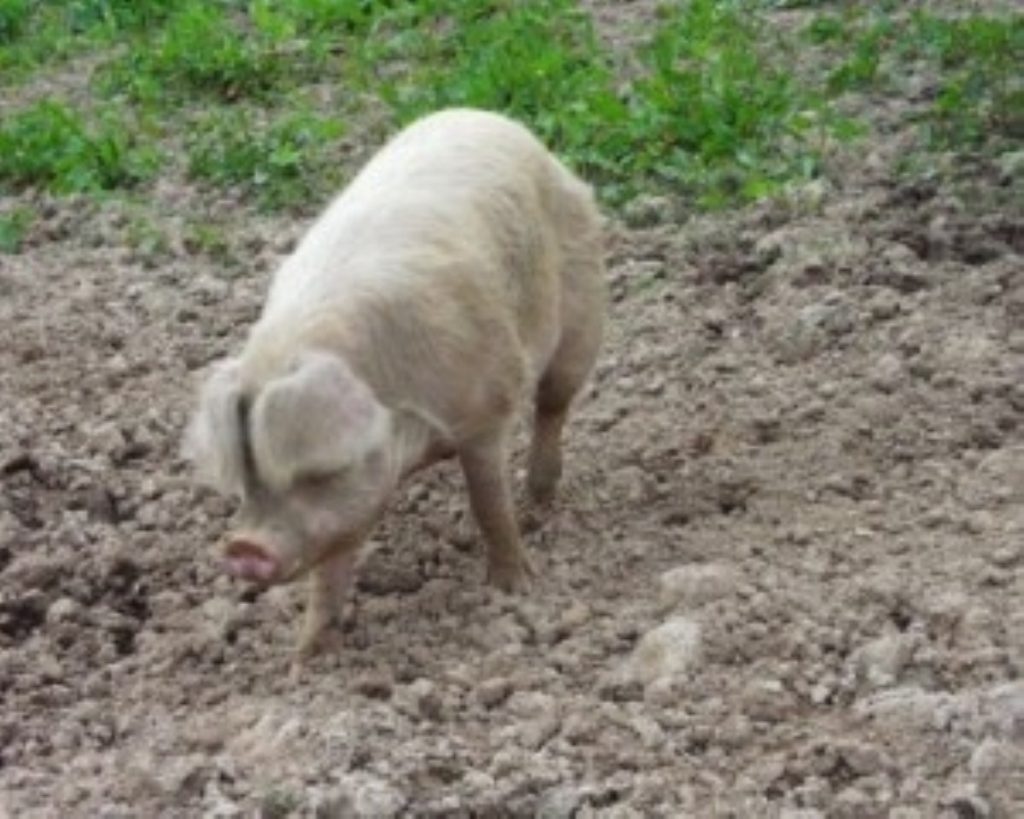Pig protest hits Westminster
Farmers led by a seasoned activist pig will march on Westminster today to protest against falling pork prices.
Pig farmers claim they are losing more than £20 on each pig raised to slaughter, blamed on the soaring price of feed and the cost of meeting ethical obligations.
The National Pig Association has collected 10,000 signatures for a petition to be handed to Downing Street and the campaign has high-profile backing from celebrity chefs including Gordon Ramsey.
Winnie, a nine-year-old pig with protesting experience, will lead the marchers.


South Norfolk MP Richard Bacon is leading cross-party support for pig farmers. He has tabled an early day motion calling on the government to do more to protect the industry.
Farmers claim pig rearing is in “meltdown”. Higher supermarket prices have not been passed on to farmers, who in turn have to pay higher prices for feed following a surge in global gain prices.
They also complain they lose out on EU farming subsidies while having to meet stricter welfare regulations than their EU competitors, increasing the cost of rearing pigs to slaughter.
The resulting exodus of pig farmers could lead to a national shortage of pork products, farmers warn.
British Pig Executive chairman Stewart Houston said many farmers risked losing their livelihood unless the price of pork increases.
“We have reached crisis point. Without an increase, farmers stand to lose approximately £200 million in the next year, and many face the prospect of going out of business,” he added.
“Then consumers will lose the choice to buy higher-welfare Quality Standard Mark pork, bacon and ham.
“Two-thirds of all imported produce would be illegal to produce in the UK as it doesn’t meet our higher welfare standards.”
Richard Longthorp, a pig farmer from Howden in Yorkshire, commented: “We don’t want any special treatment. All we are asking for is a fairer share. Feed represents around 50 per cent of our costs and this has gone up massively.
“Prices are going up but we’re not getting a share of it. If things don’t change we’ll see a lot of farmers going out of business.”









